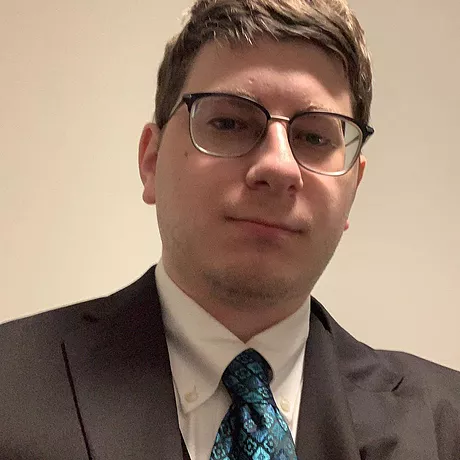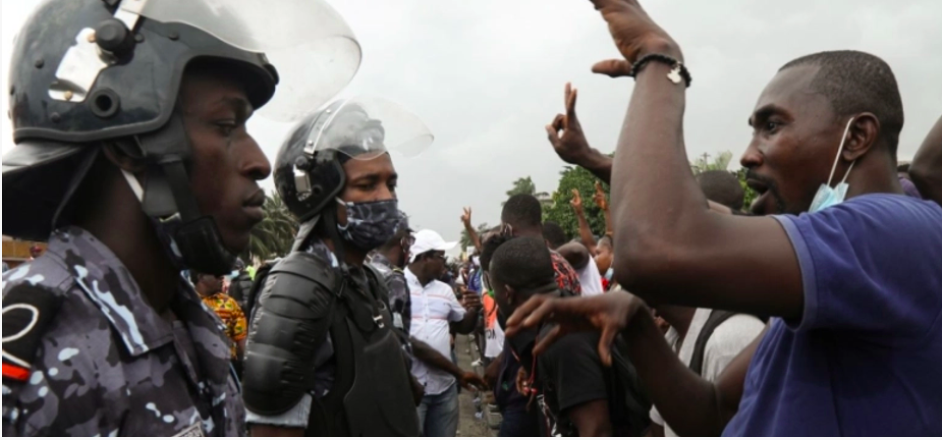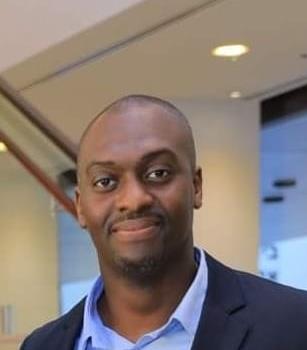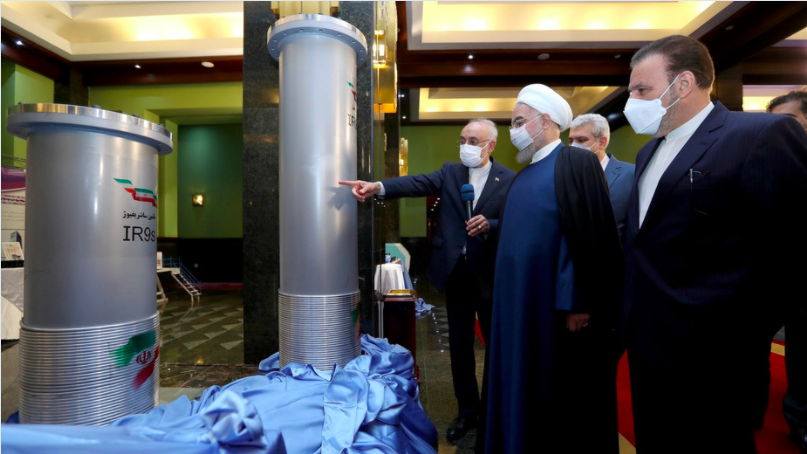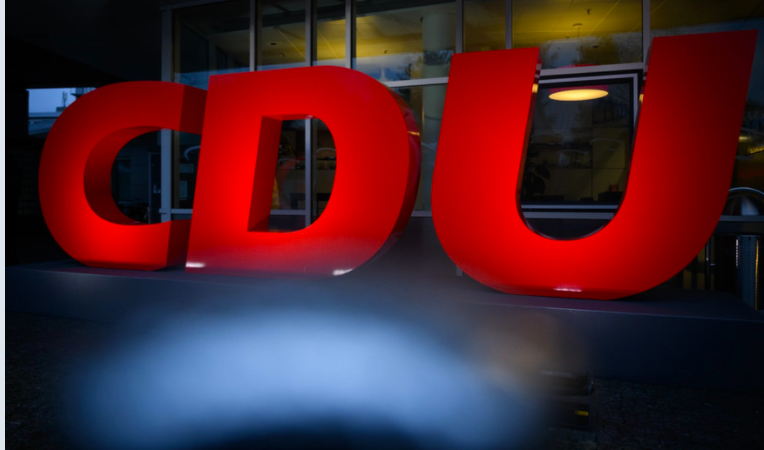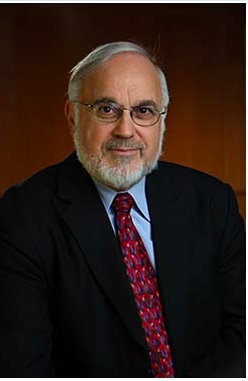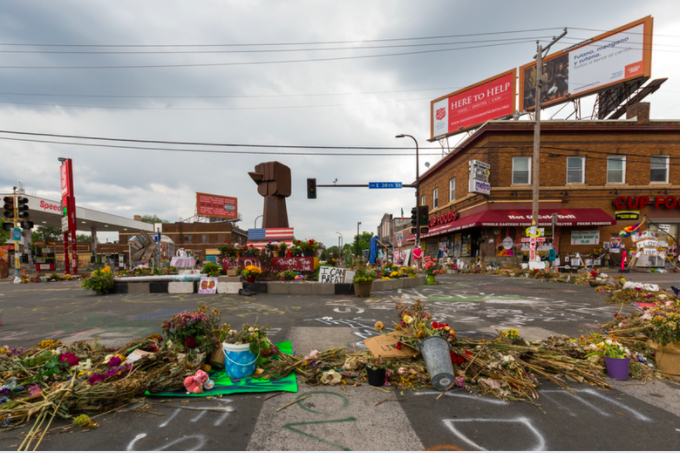
In the Shadow of the Chauvin Verdict
On April 21, 2021, Derek Chauvin, a former Minneapolis police officer, was found guilty by a jury of all three charges in causing the death of George Floyd. The reaction to the verdict that emerged from this contentious trial was varied. Some celebrated the verdict, while others were more circumspect and thought that it was the sustained unrest, peaceful or otherwise, that got them to this point. Indeed, in the aftermath of the verdict, there were calls that such demonstrations continue in other cases of alleged misconduct against the black American community and that they should be sustained until certain structural reforms, like defunding the police, are enacted. There are, however, questions that arise as to whether the public outrage unduly affected the thinking of the jury in this case and whether the rule of law in America could be sustained in the face of this pressure. The central controversy of this whole trial was about whether an erosion of due process occurred and what this portends for the future. In other words, the idea of "innocent until proven guilty" has been the ideological foundation of the judicial system since its inception. Regardless of Chauvin's guilt or lack thereof, the public reaction to the trial threatens to undermine judicial independence and risks creating a society that defines its legal justice by the feelings and desires of the masses.
